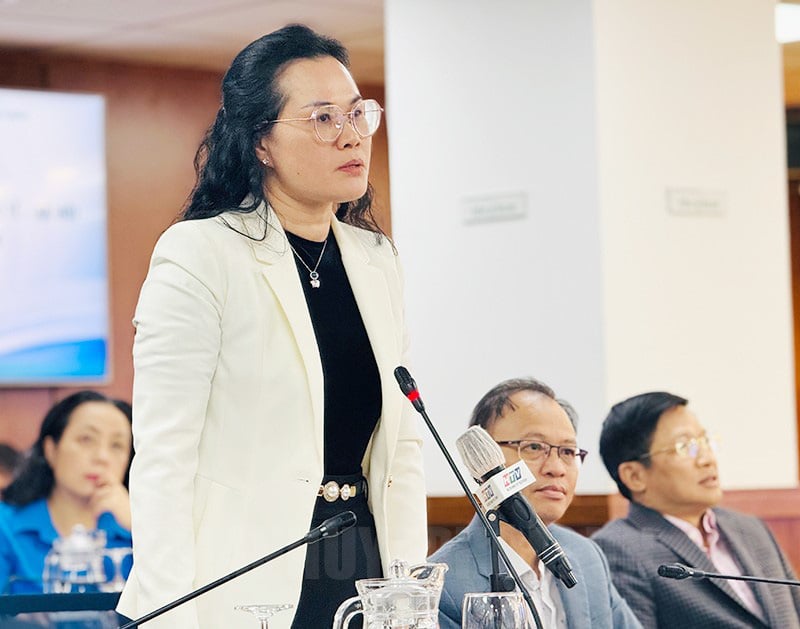
Deputy Director of the Ho Chi Minh City Department of Education and Training, Le Thuy My Chau, shared information related to AIS Vietnam at a press conference on the afternoon of March 21 - Photo: Thanhuytphcm.vn
Many issues have been raised by the situation at the American International School Vietnam (AISVN), where the school is facing financial difficulties, leading to strikes by many teachers and numerous parent groups writing petitions for help everywhere.
Speaking to Tuoi Tre newspaper , independent education expert Bui Khanh Nguyen, who has many years of experience monitoring international education, said that even in the worst-case scenario, students' right to continuous education needs to be carefully considered by all parties involved.
The law does not yet specify the circumstances under which a school may go bankrupt.
* Can a private high school declare "bankruptcy," sir?
- As far as I know, neither the Education Law nor the Regulations for General Schools currently contain provisions regarding school bankruptcy. This may be because public schools still account for an overwhelming proportion and play a crucial role in the national education system.
However, if we consider private schools operating as businesses, fully subject to market principles, including the laws of supply and demand and the law of elimination, then the situation of a school going bankrupt is entirely possible.
In some countries, such as the United States, schools have gone bankrupt due to financial difficulties, either because they couldn't enroll enough students or secure sufficient funding.
* In the worst-case scenario, if the school is unable to continue operating, will the students be left "stranded" because they suddenly lose their place of study, sir?
- Although the situation of a private school going bankrupt is theoretically possible, education is a business with its own conditions. Therefore, the education authorities need to provide guidance on how to handle the situation and ensure the stability of students' learning.
For example, the education administration could act as an intermediary, referring students to schools with equivalent programs for transfer.
On the other hand, the public system may often be willing to sponsor a private school that is forced to go bankrupt due to financial difficulties or forced to close due to misconduct.
However, it must also be acknowledged that even if public schools open their doors to support and accept international programs, students who have studied international curricula will find it almost impossible to keep up with the Vietnamese curriculum due to incompatibility.
General education differs from other types of services in that it requires stability and continuity. To some extent, education is a kind of "essential service" for children, like food, water, electricity, etc., and therefore also needs a mechanism to ensure educational security.
A mechanism for remote prevention is needed.

An experiential activity at AISVN School held in 2023 - Photo: TRONG NHAN
* What can parents do to claim their rights in this situation, sir?
- When a school announces its closure, parents have the right to reclaim any unused tuition fees so that the child can transfer to another school. If tuition fees have already been paid and used, an inspection agency is needed to investigate whether the school's use of resources was flawed, leading to the misappropriation of student tuition fees.
If the school only explains the reason as being due to excessively high teacher salaries, this is an irresponsible explanation and requires verification by a regulatory body or an independent auditing organization. Regarding civil matters, parents have the right to sue the school as a legal entity or individual school leaders and managers, and to participate in creditors' meetings.
* Are there any preventative measures that could be taken to avoid similar incidents, sir?
- In my opinion, a strict, legally mandated oversight mechanism is essential to prevent any organization with ulterior motives, for example, wanting to set up an educational model, collect money from students upfront, then "drain" the school's resources and attempt bankruptcy through the "limited liability" process.
I also have questions for the educational quality accreditation organizations here. How did they accredit the school? What were the accreditation results? Do parents have the right to know those results, or is that information "confidential" to the school?
As far as I know, international school accreditation organizations such as CIS (Council of International Schools) and WASC (Western Association of Schools and Colleges) have strict accreditation criteria, which include aspects of school governance and financial resources.
Schools do not have the function of making financial investments.
* Parents pay a large sum of money upfront, possibly up to several billion dong, and then their children receive tuition discounts or a refund after completing their studies. Following this incident, many people continue to question the level of risk involved in these investment schemes. What is your opinion on this?
- Educational investment packages are still risky investments, some even very high-risk. The risk lies in the fact that parents have to pay upfront. Some packages collect upfront payments from students for up to 12 or 15 years.
Meanwhile, the legal entity of a school is a "limited liability company" - the school owner may not be liable for their personal assets in the event of bankruptcy, plus there is no insurance coverage for these "deposits," or mandatory reserve funds in education, so the risk always lies with the investors (i.e., the parents).
To protect them, only clear legal tools can prevent and mitigate risks. Currently, I see directives prohibiting language and computer training centers from collecting long-term tuition fees, following several cases of language centers declaring bankruptcy.
This is reasonable and applicable to schools; for example, schools are not allowed to collect tuition fees in advance for more than one academic year. Because collecting tuition fees in advance for more than one academic year is essentially an advance investment agreement, and a typical school does not have the function of making such financial investments.
Source


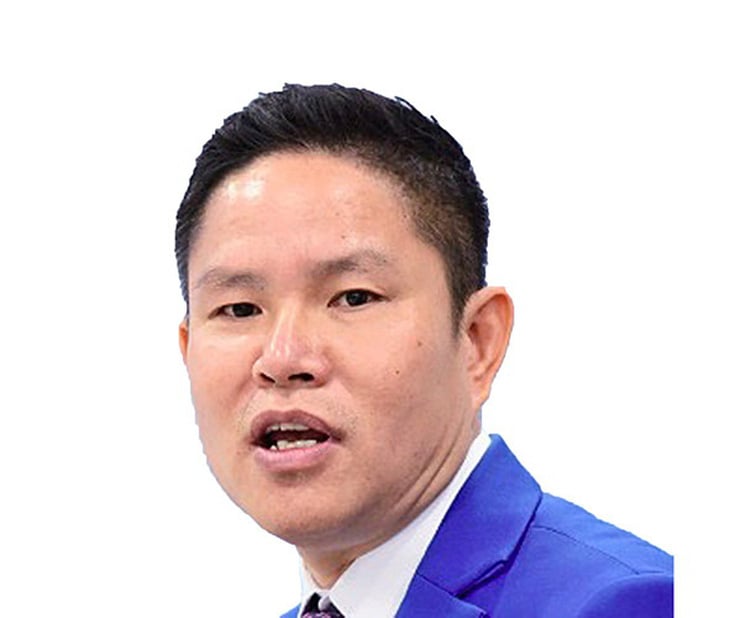


















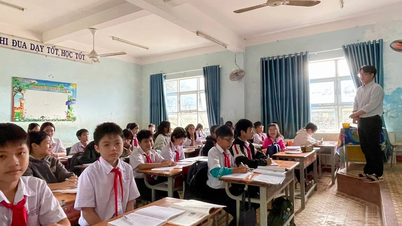

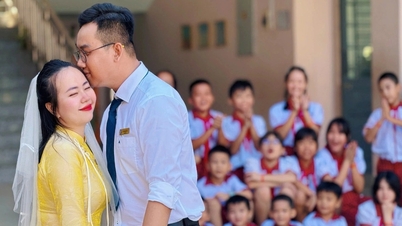

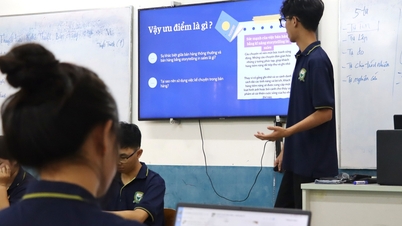








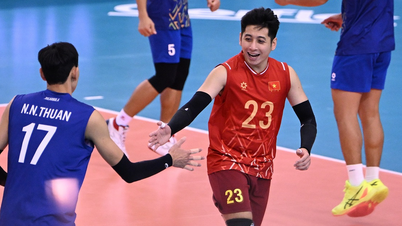

























































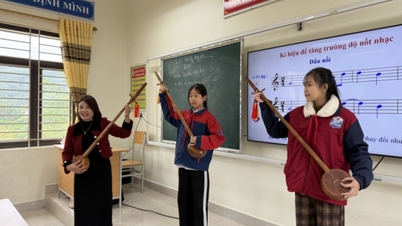


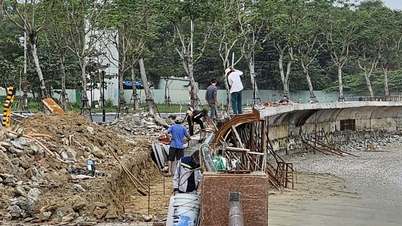
















Comment (0)